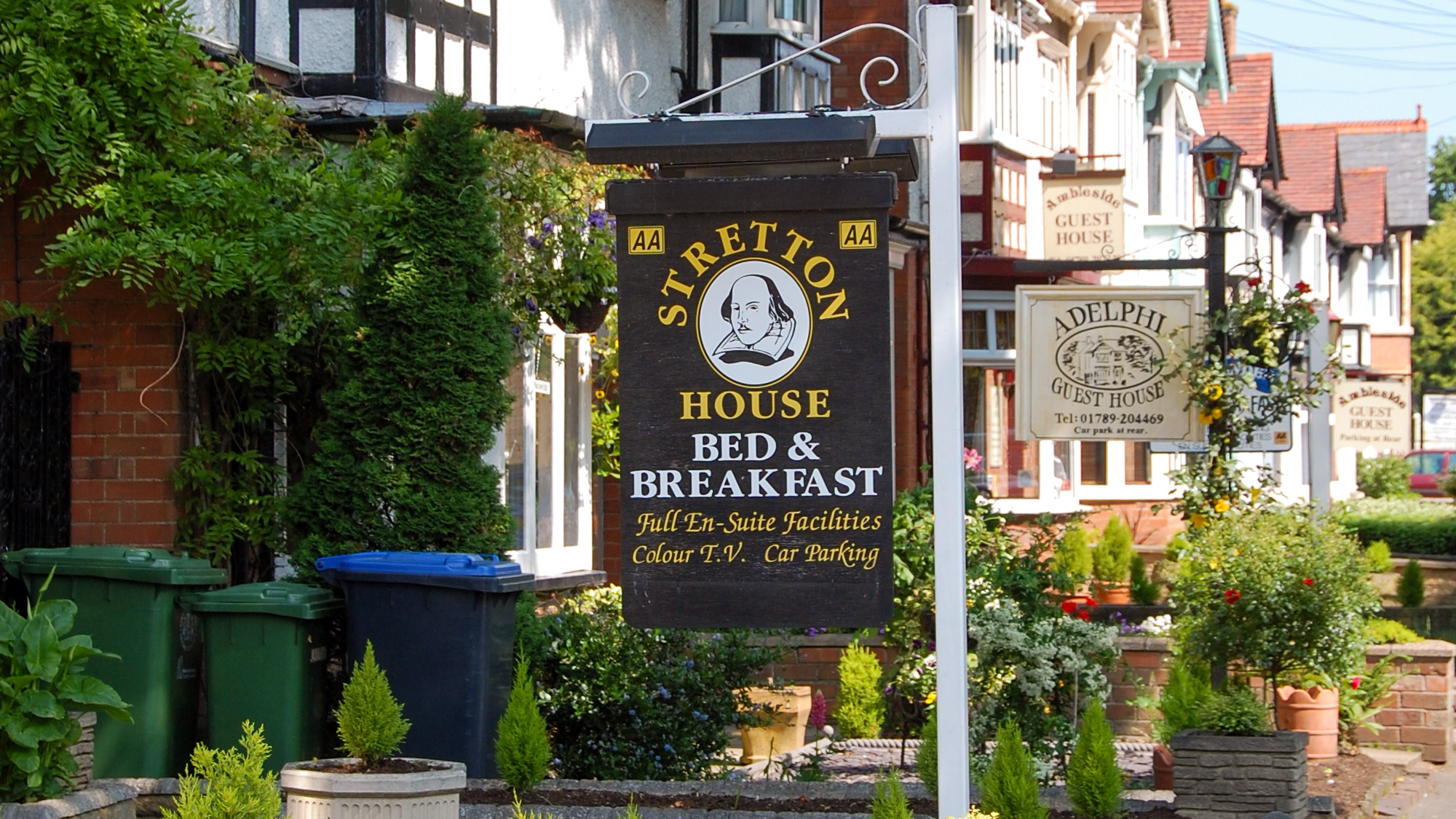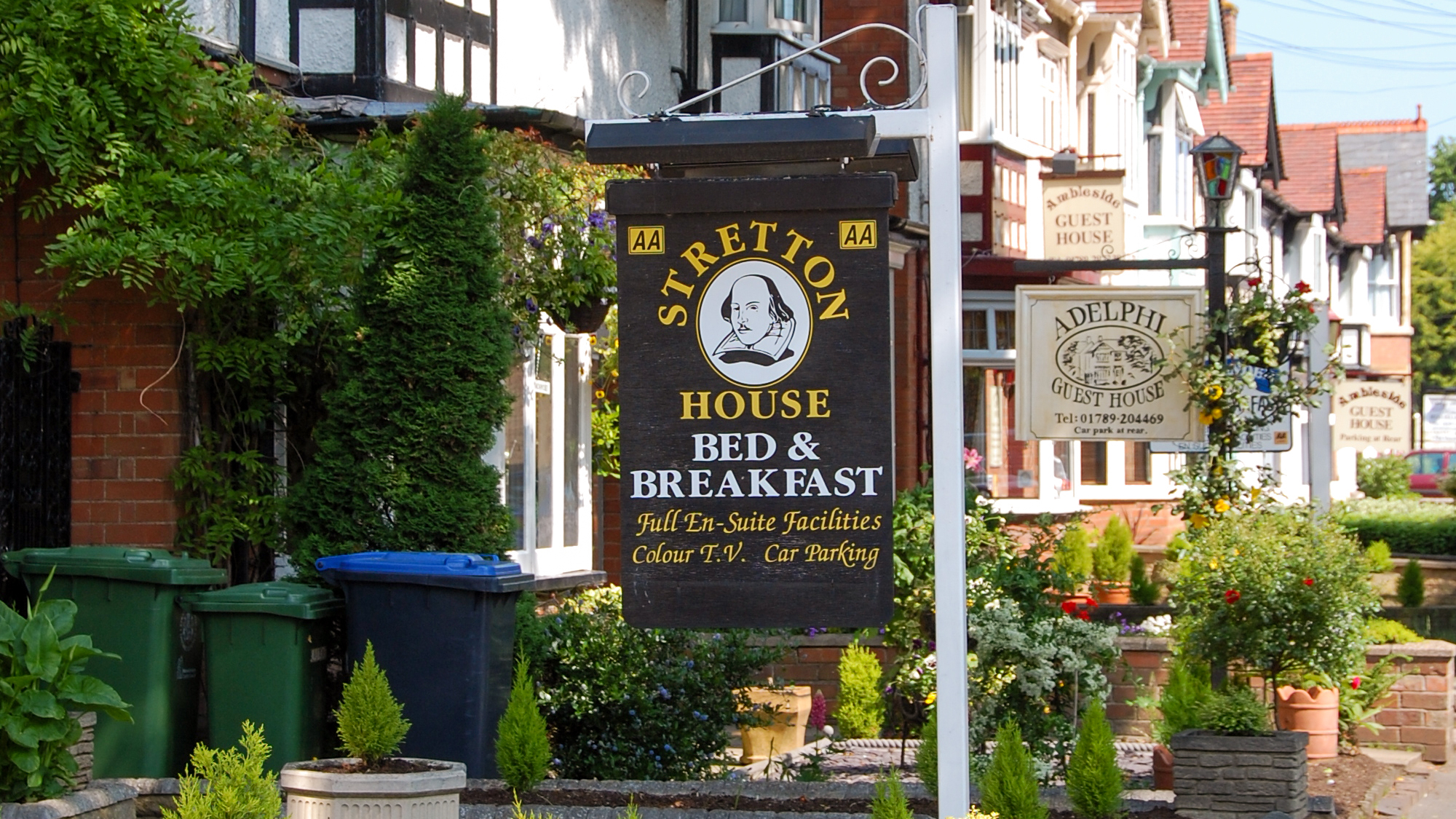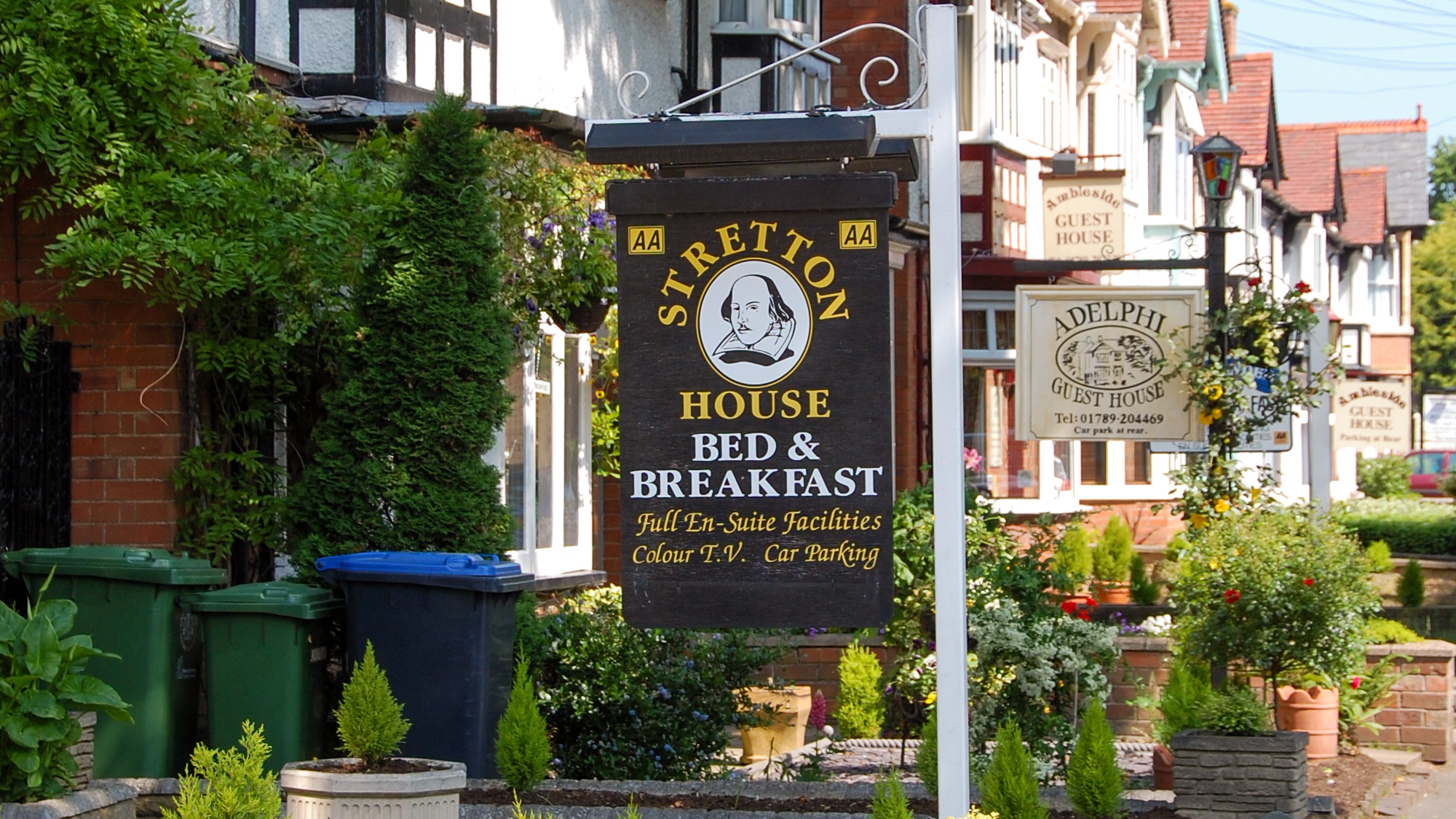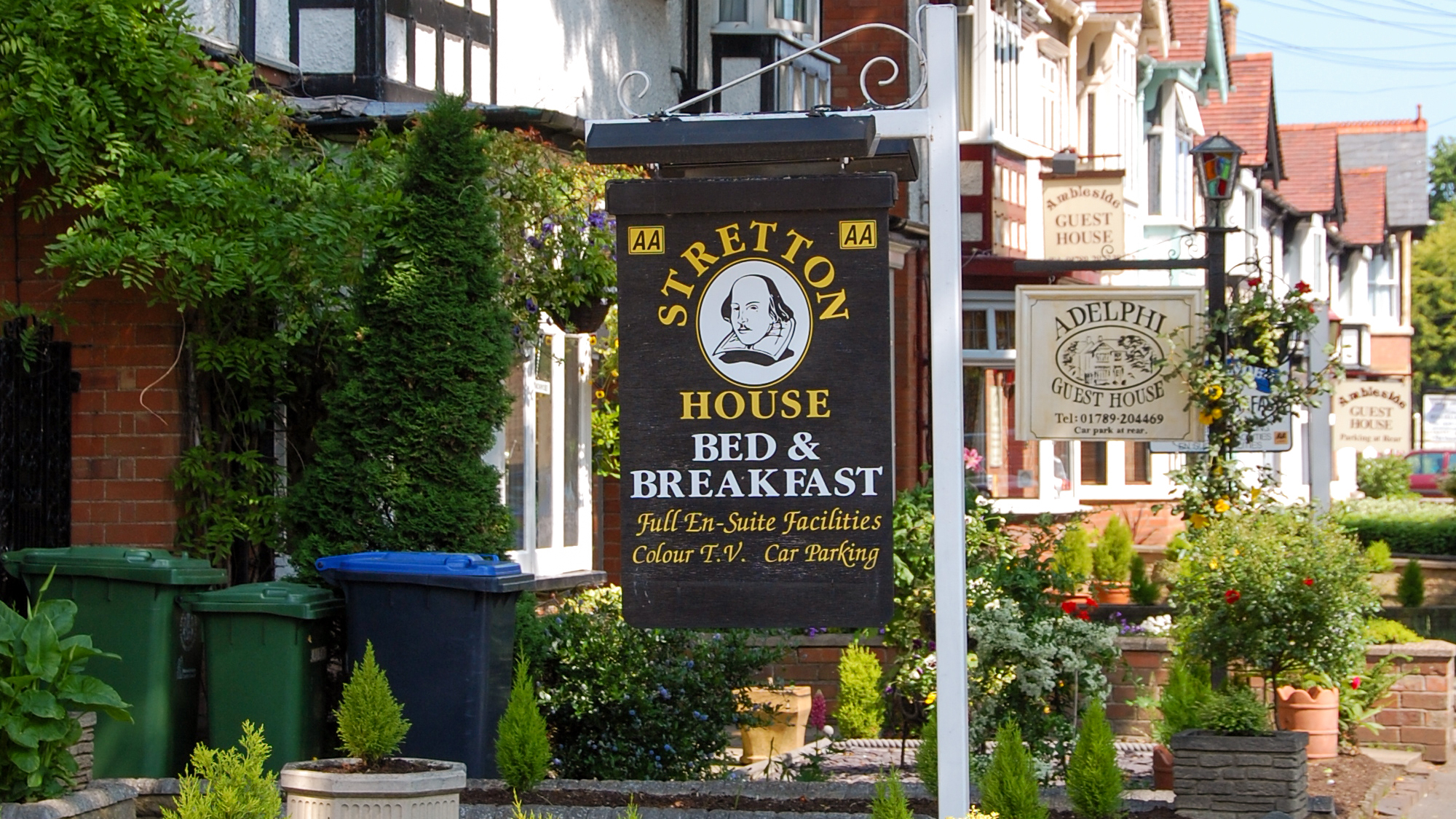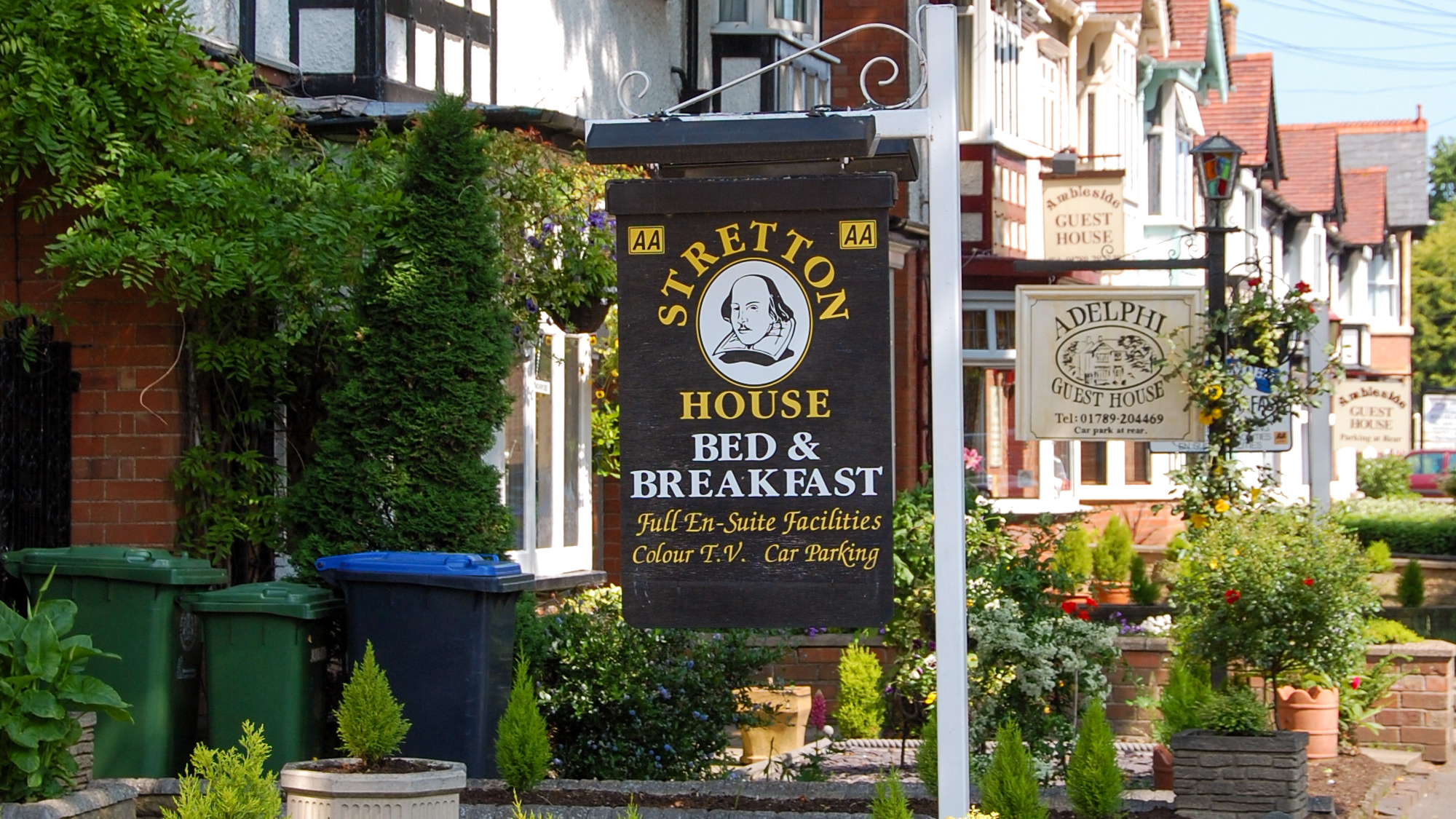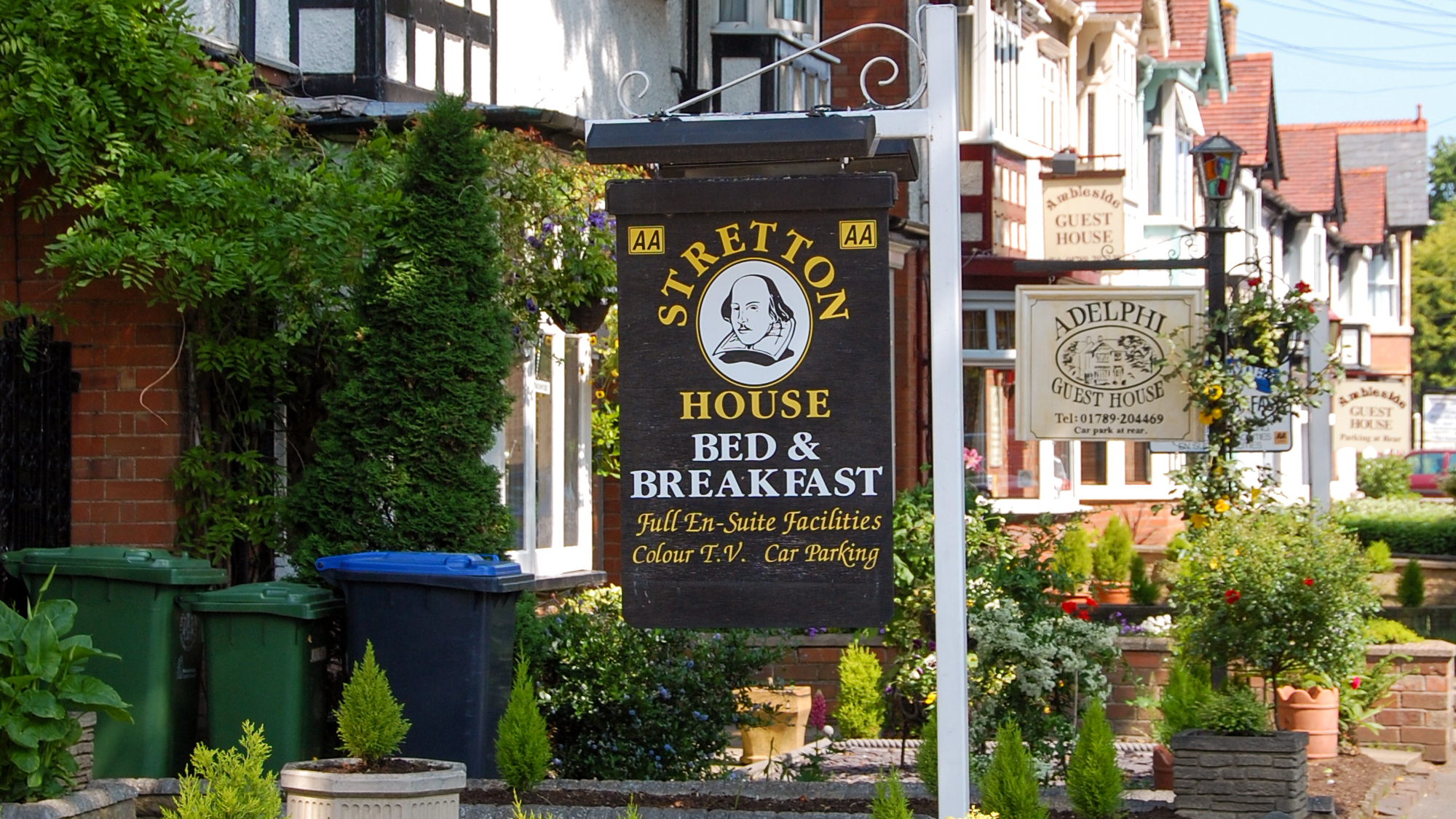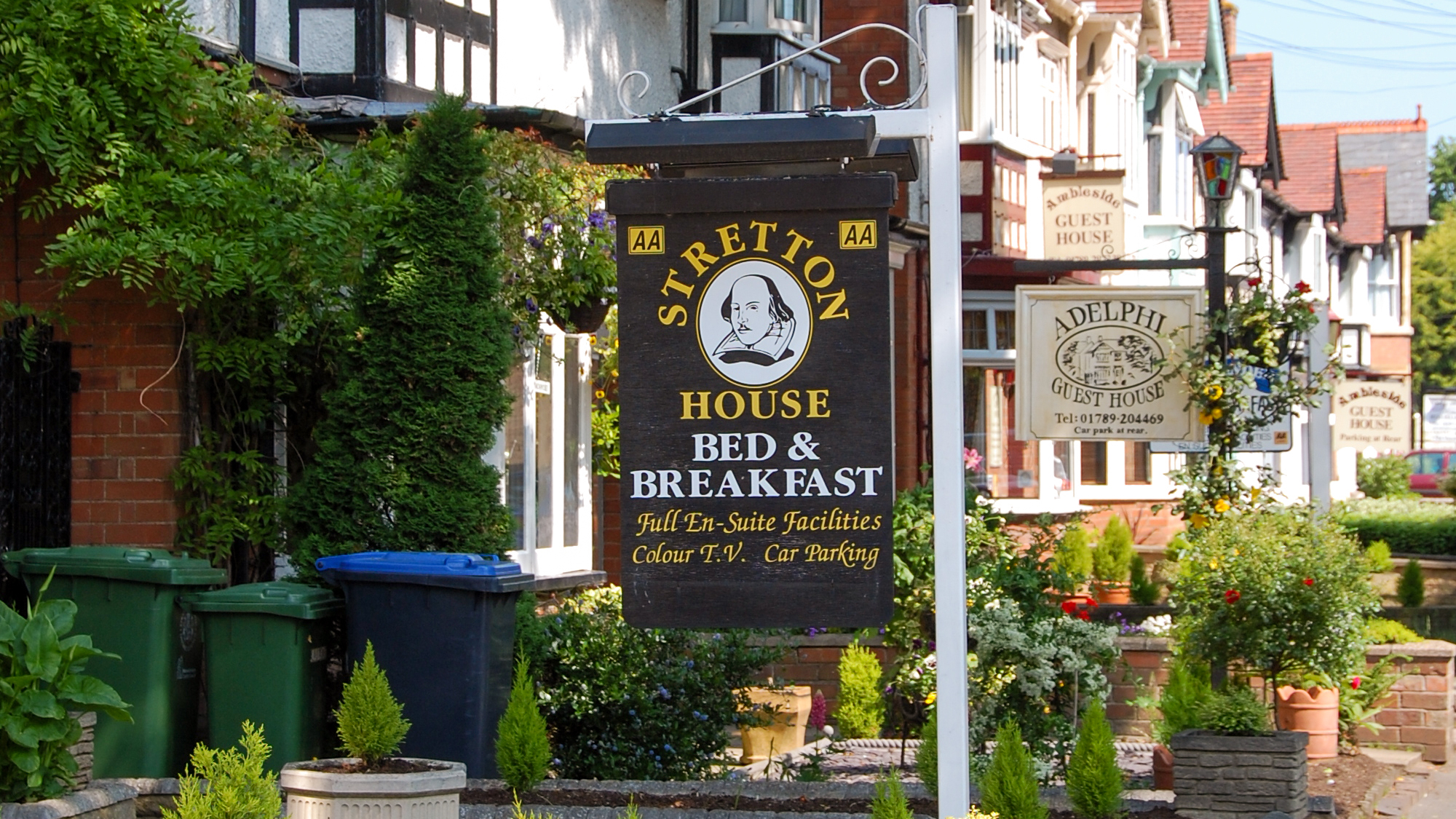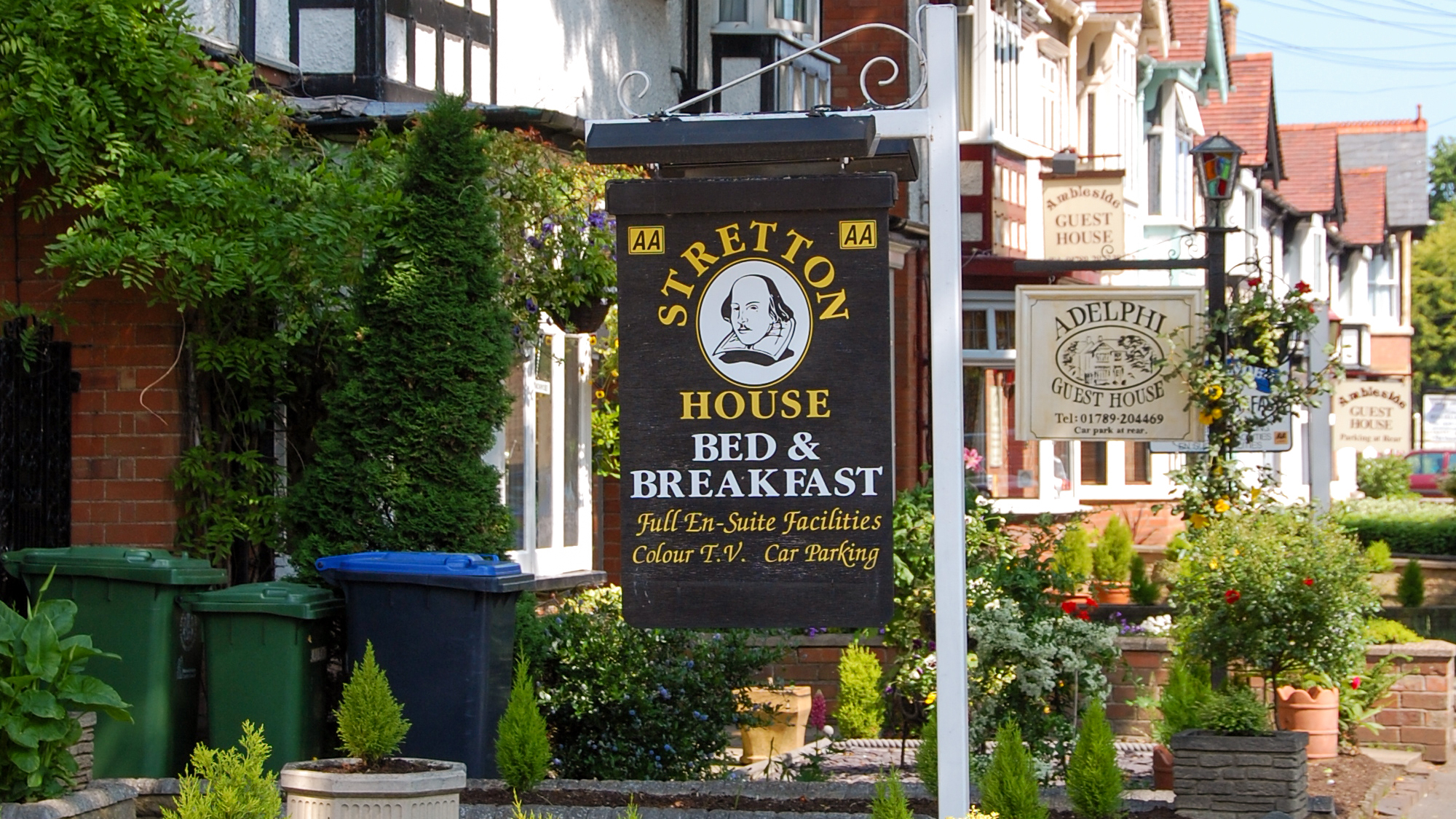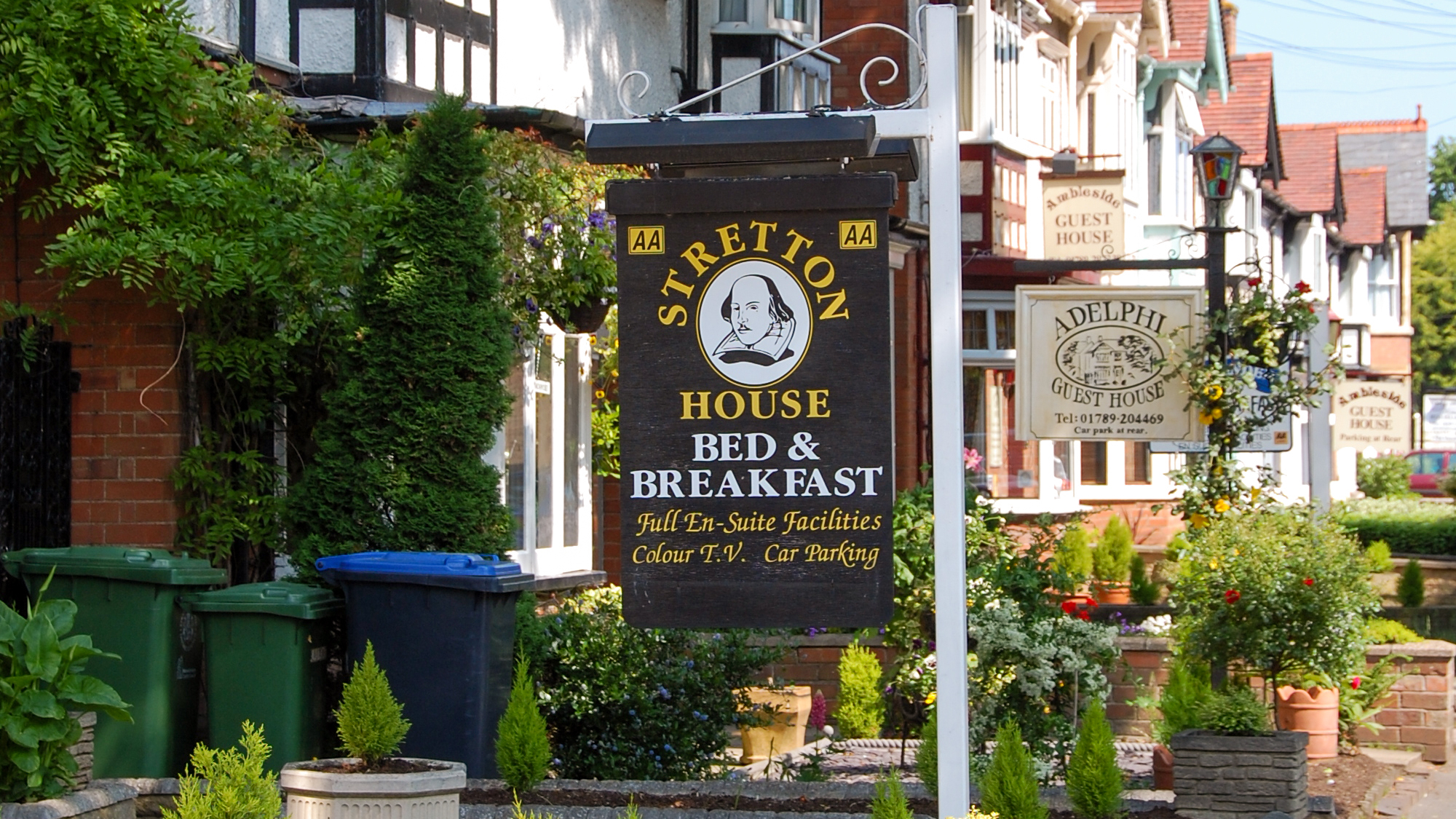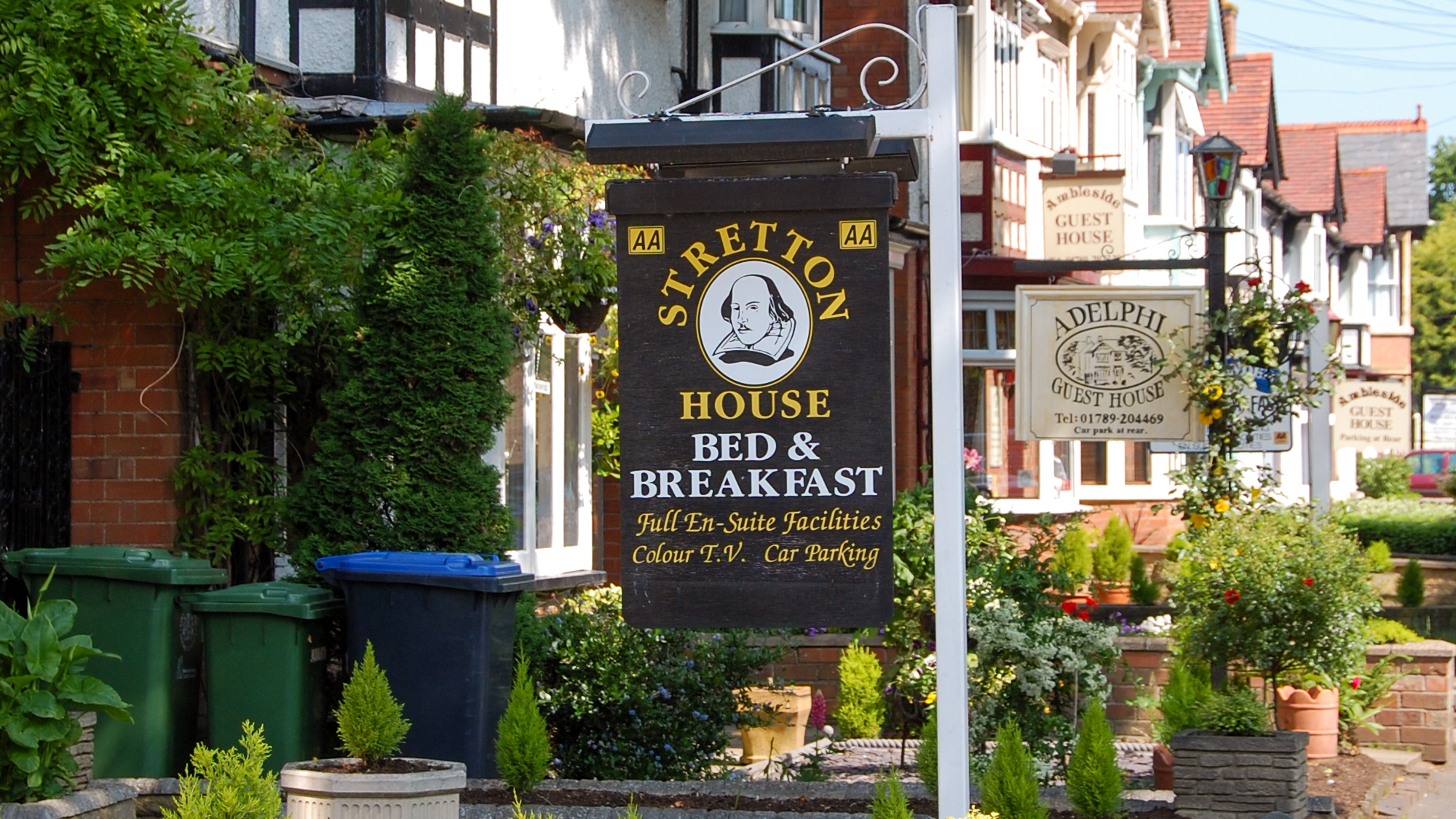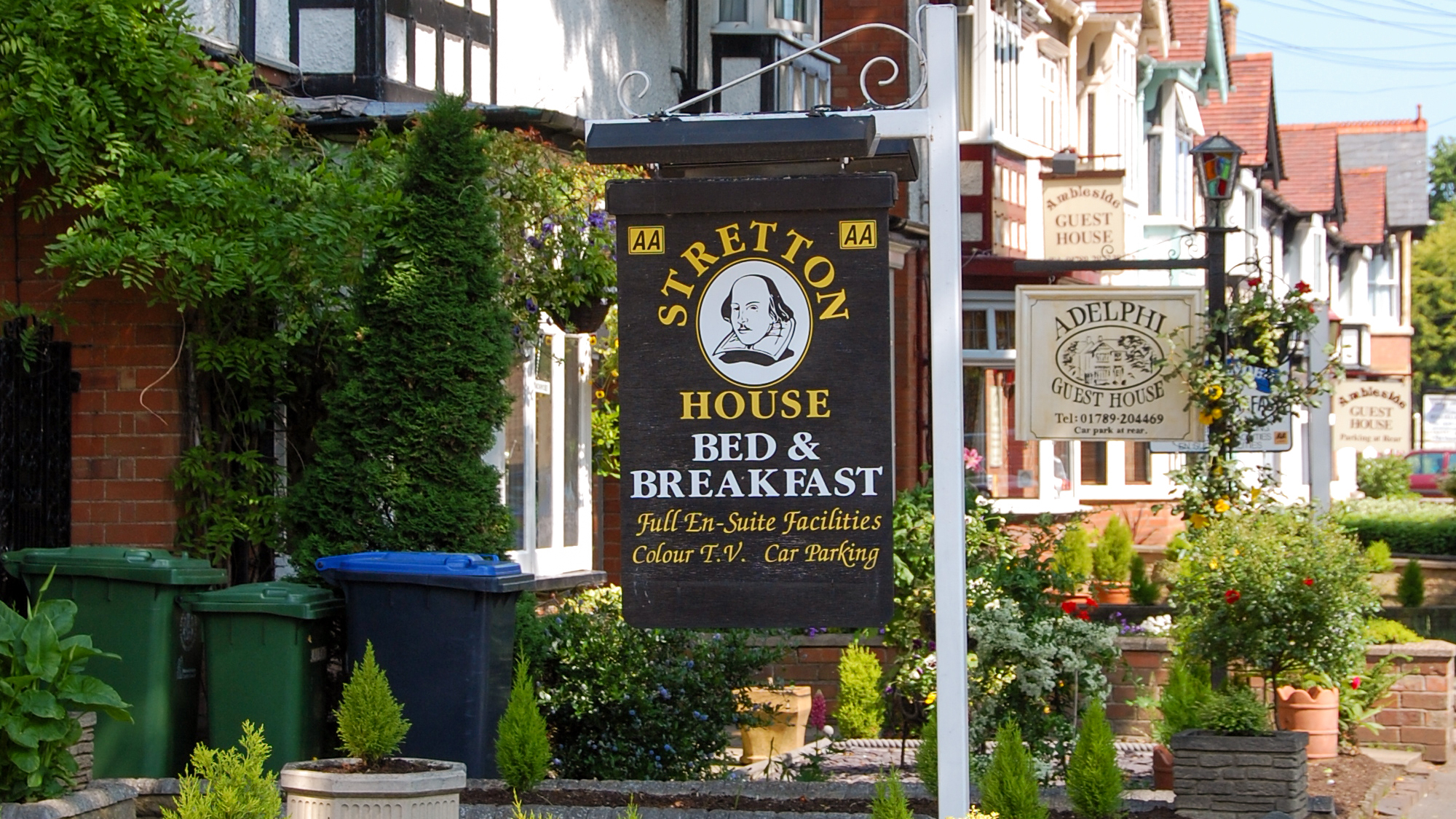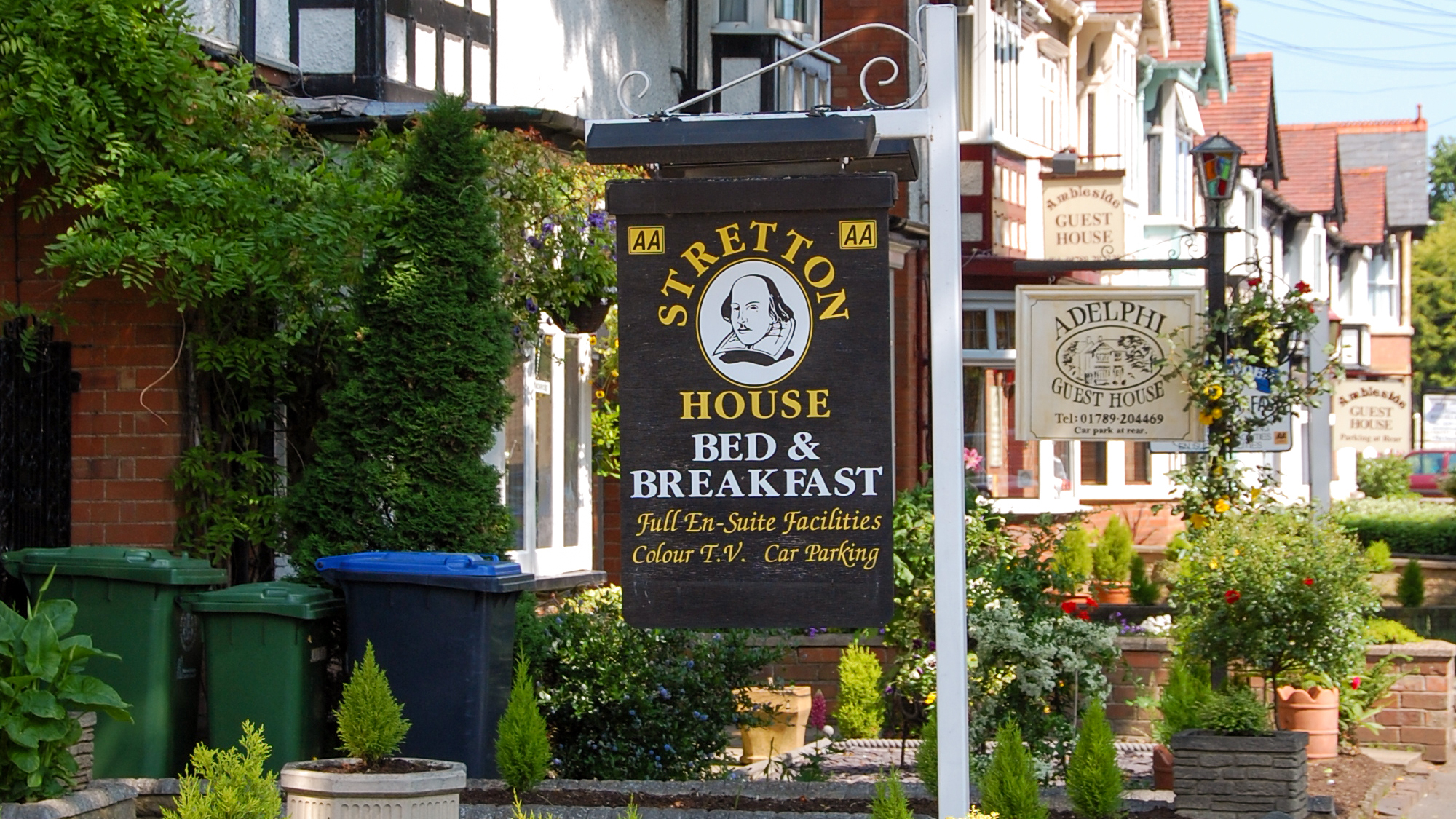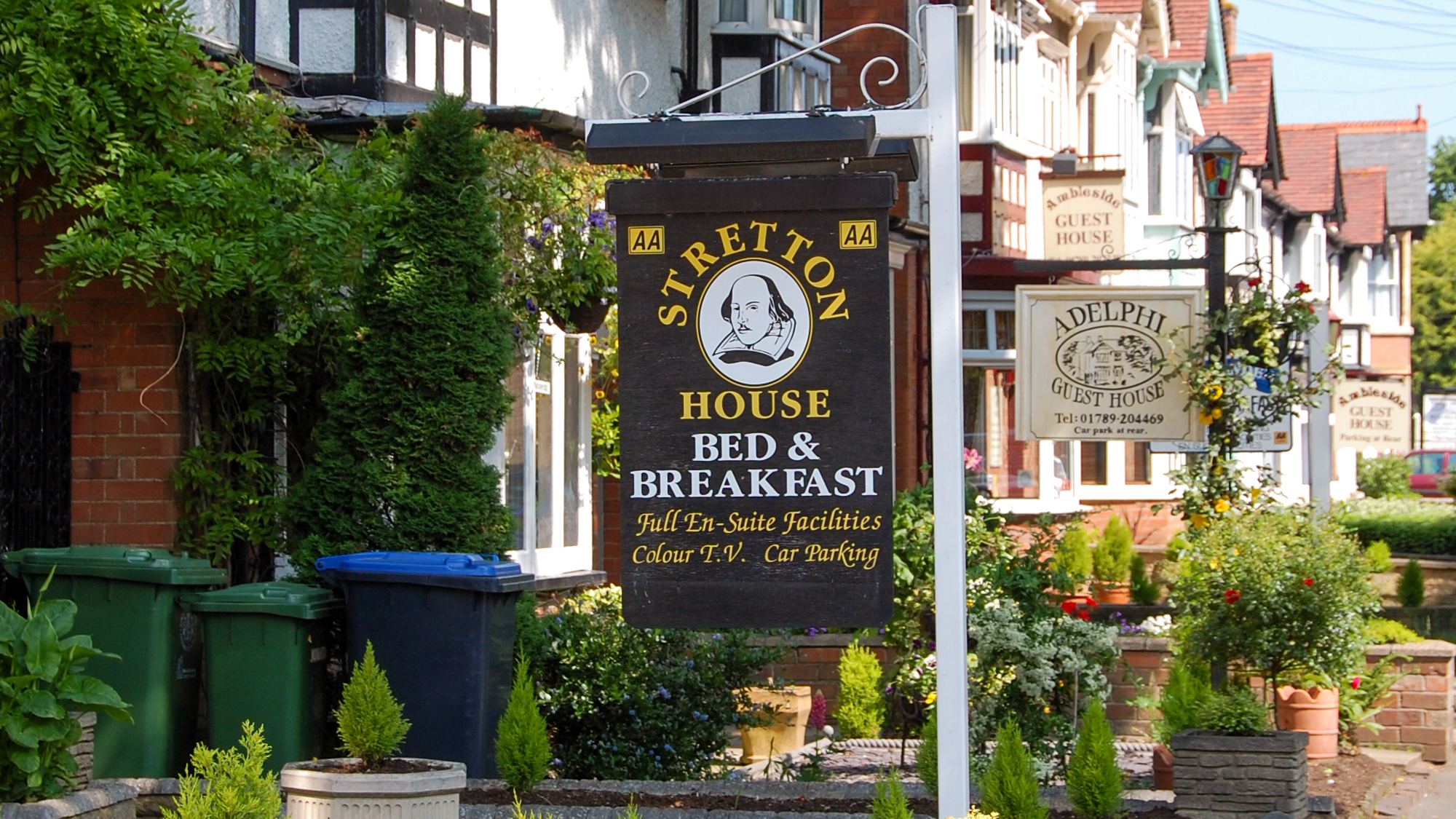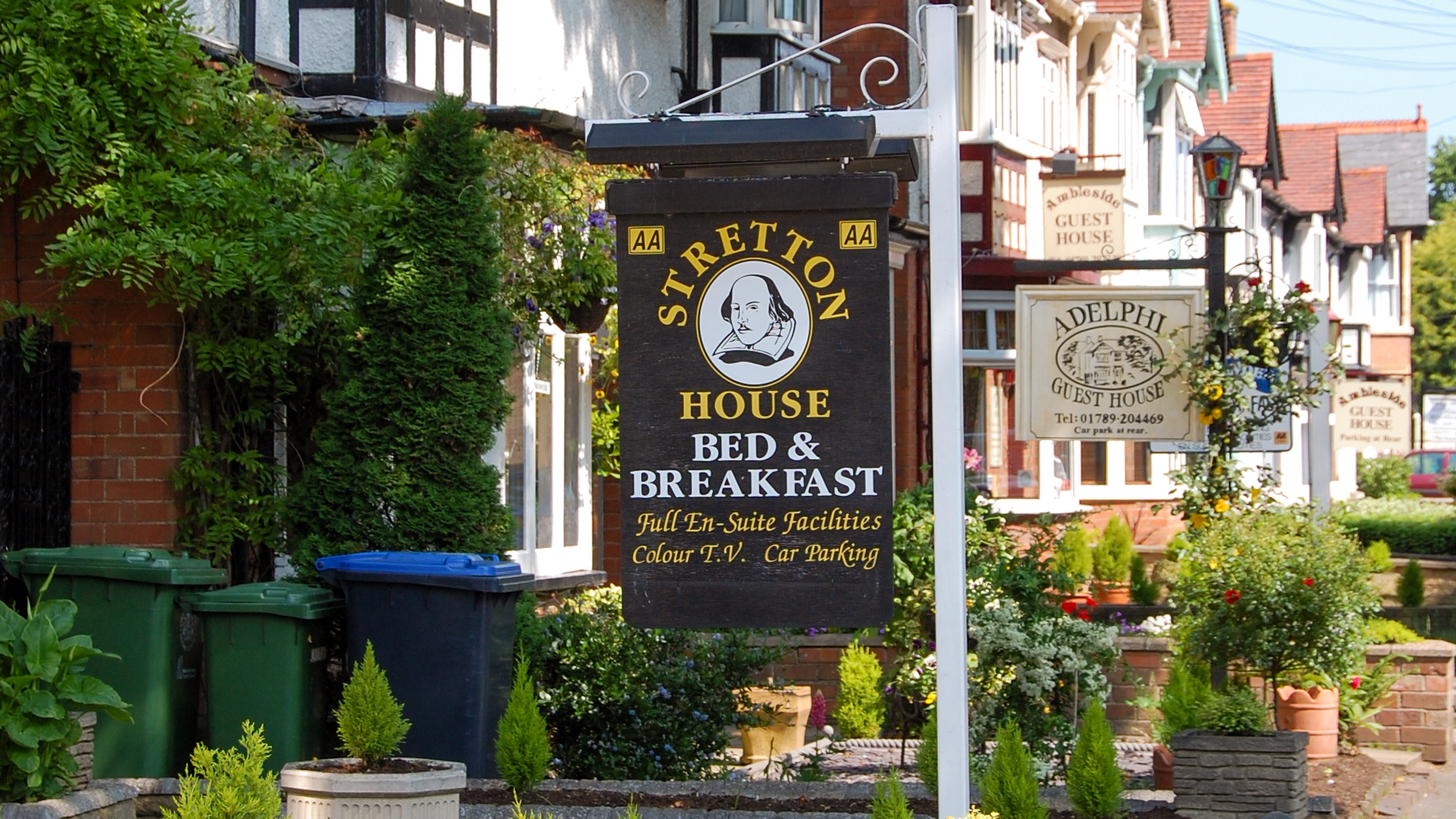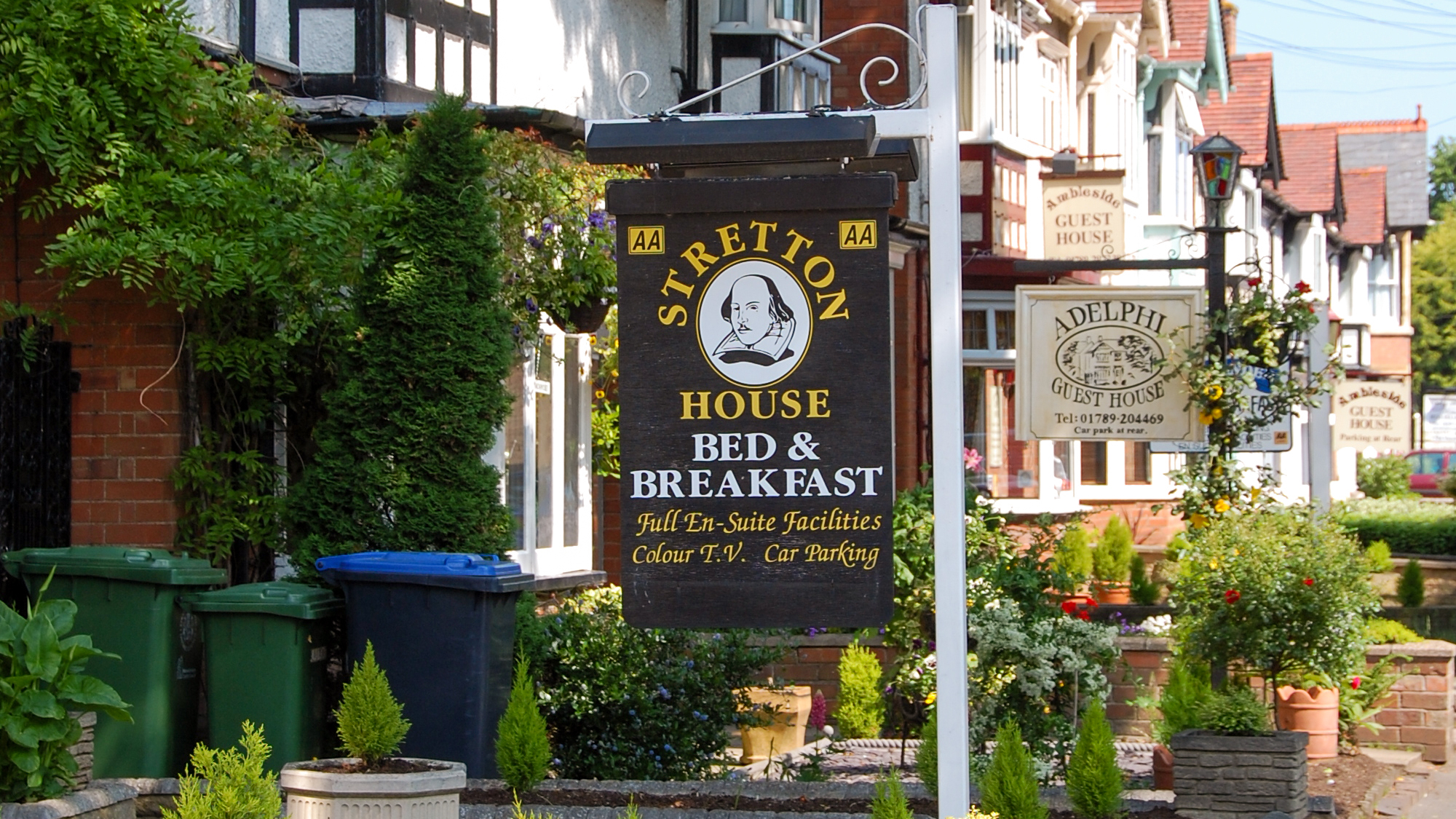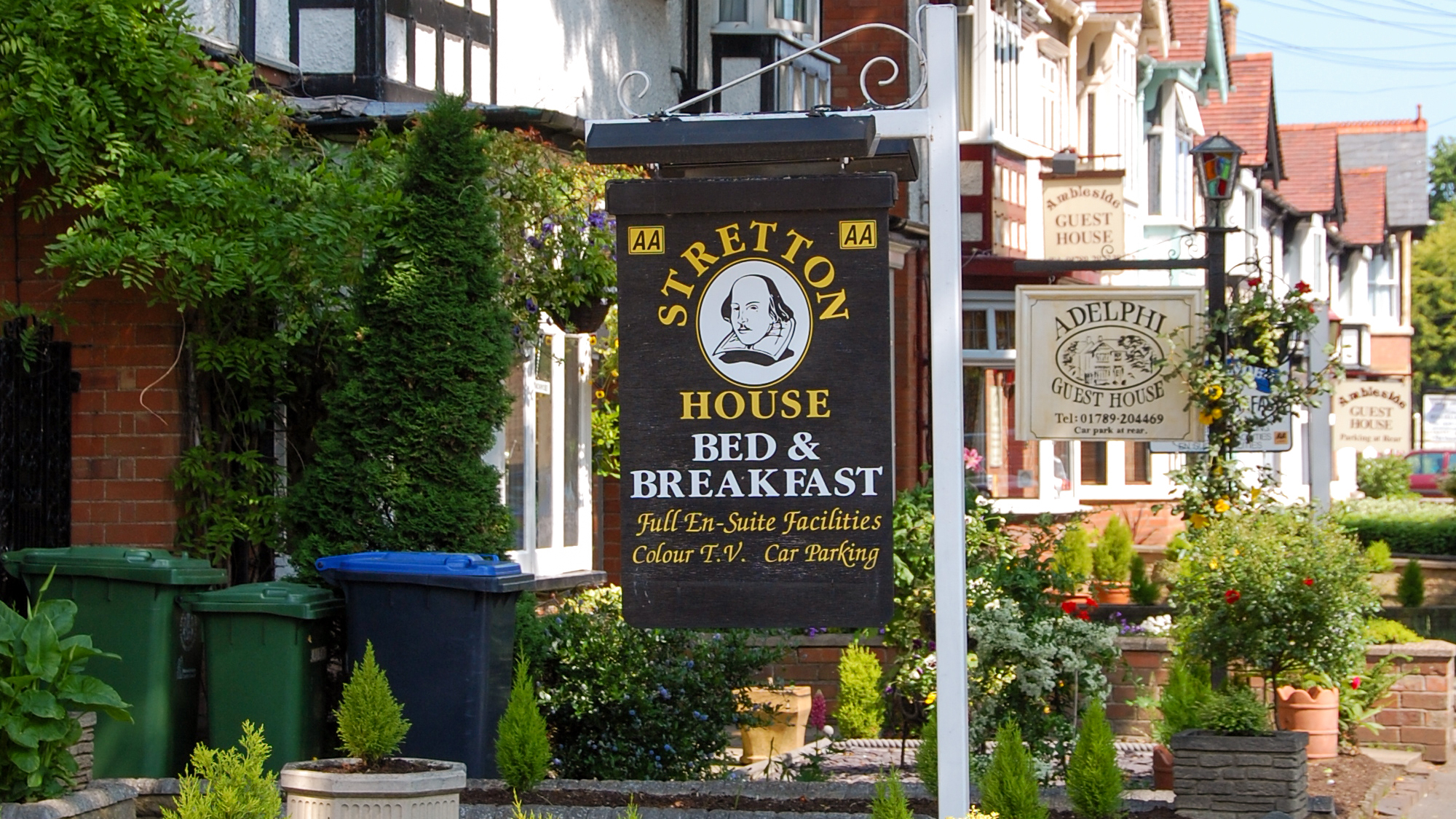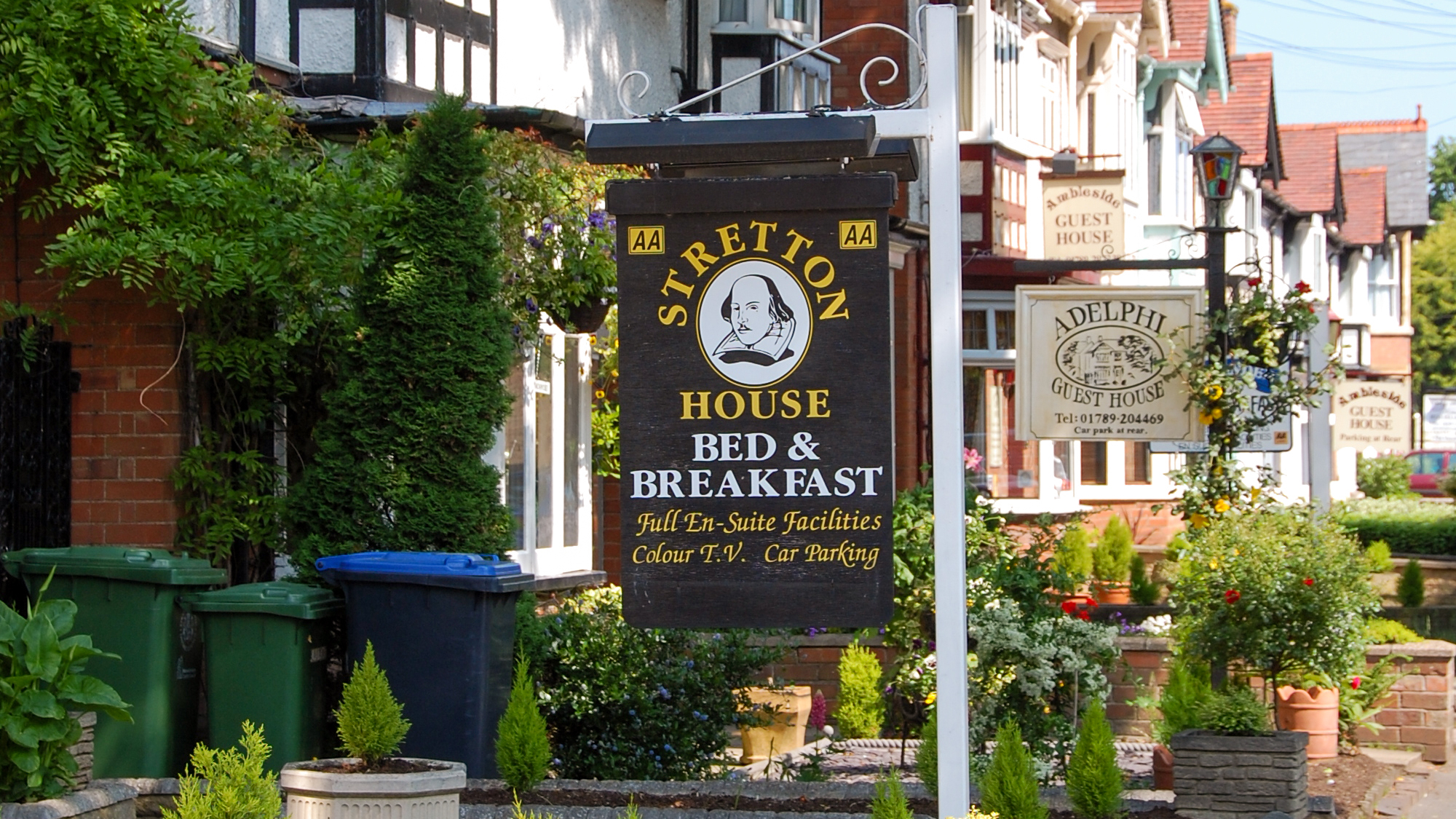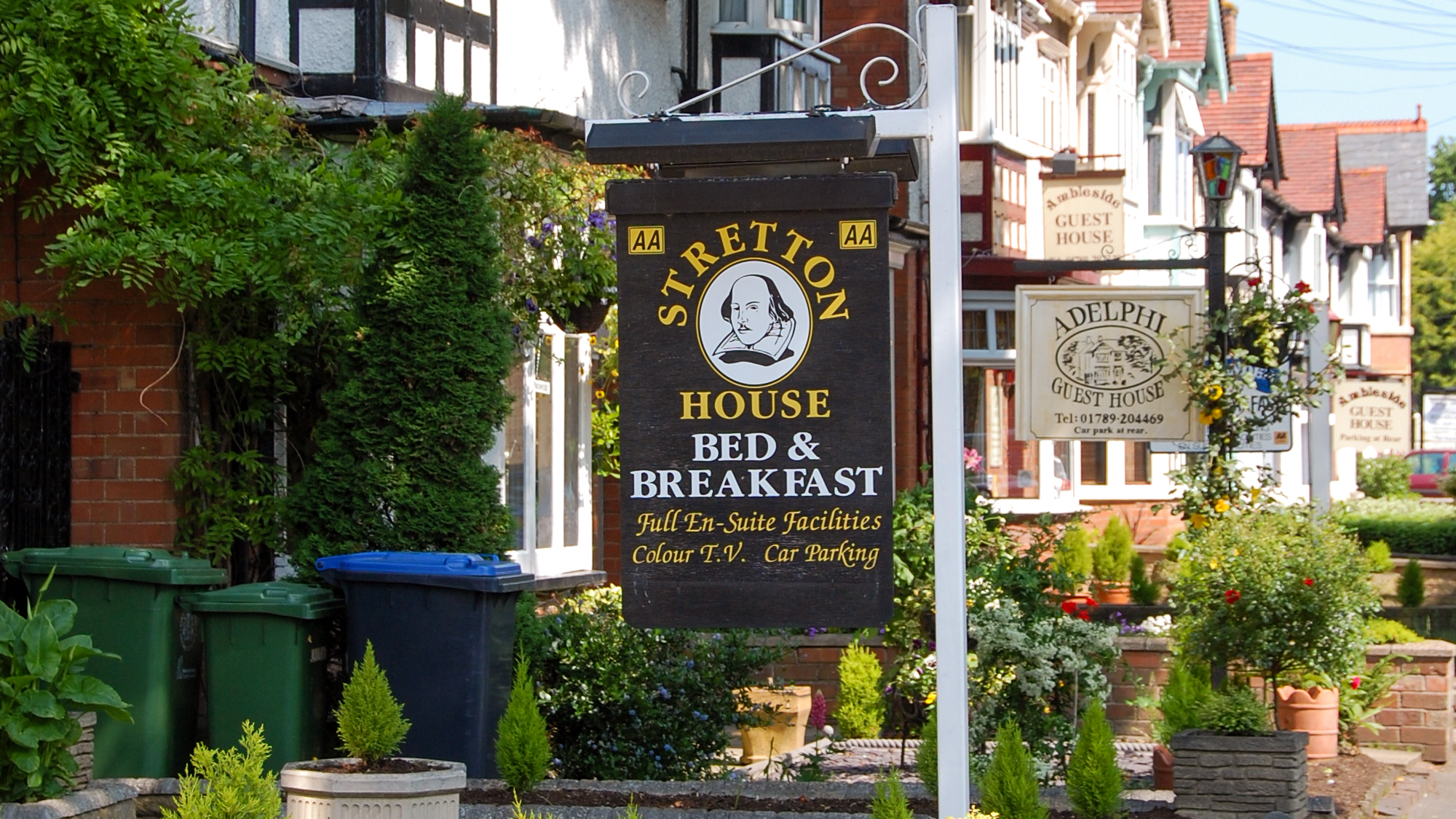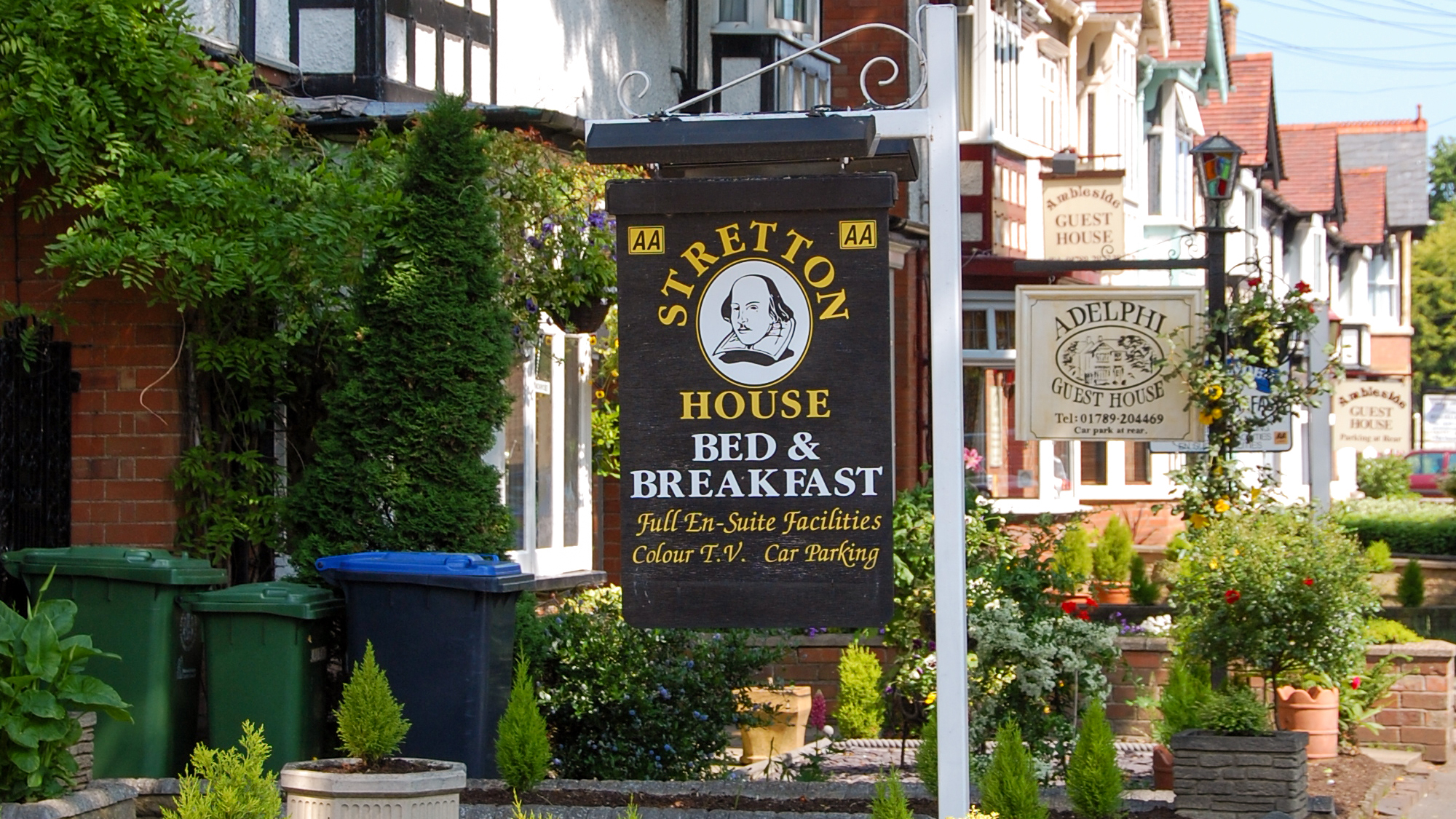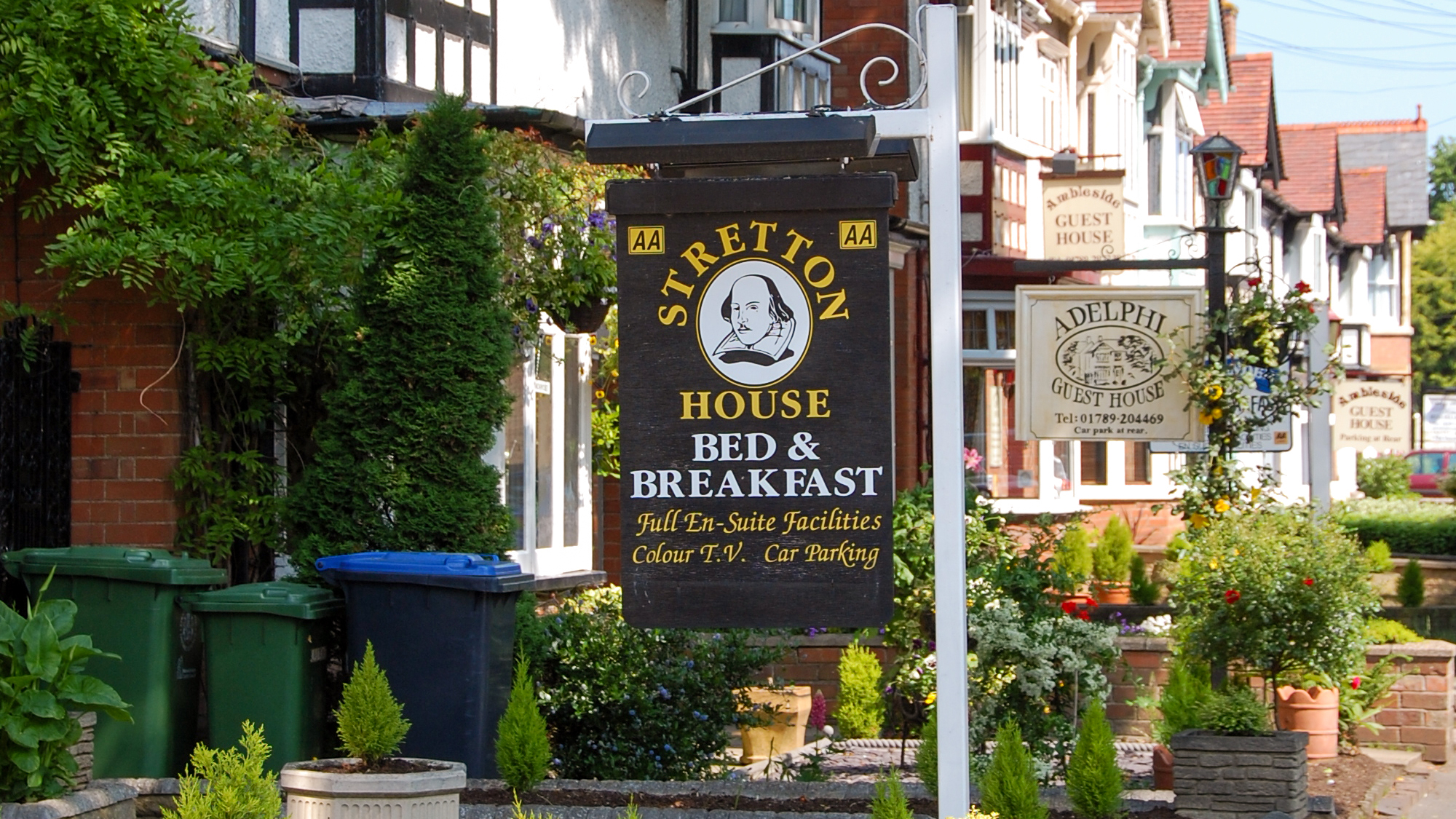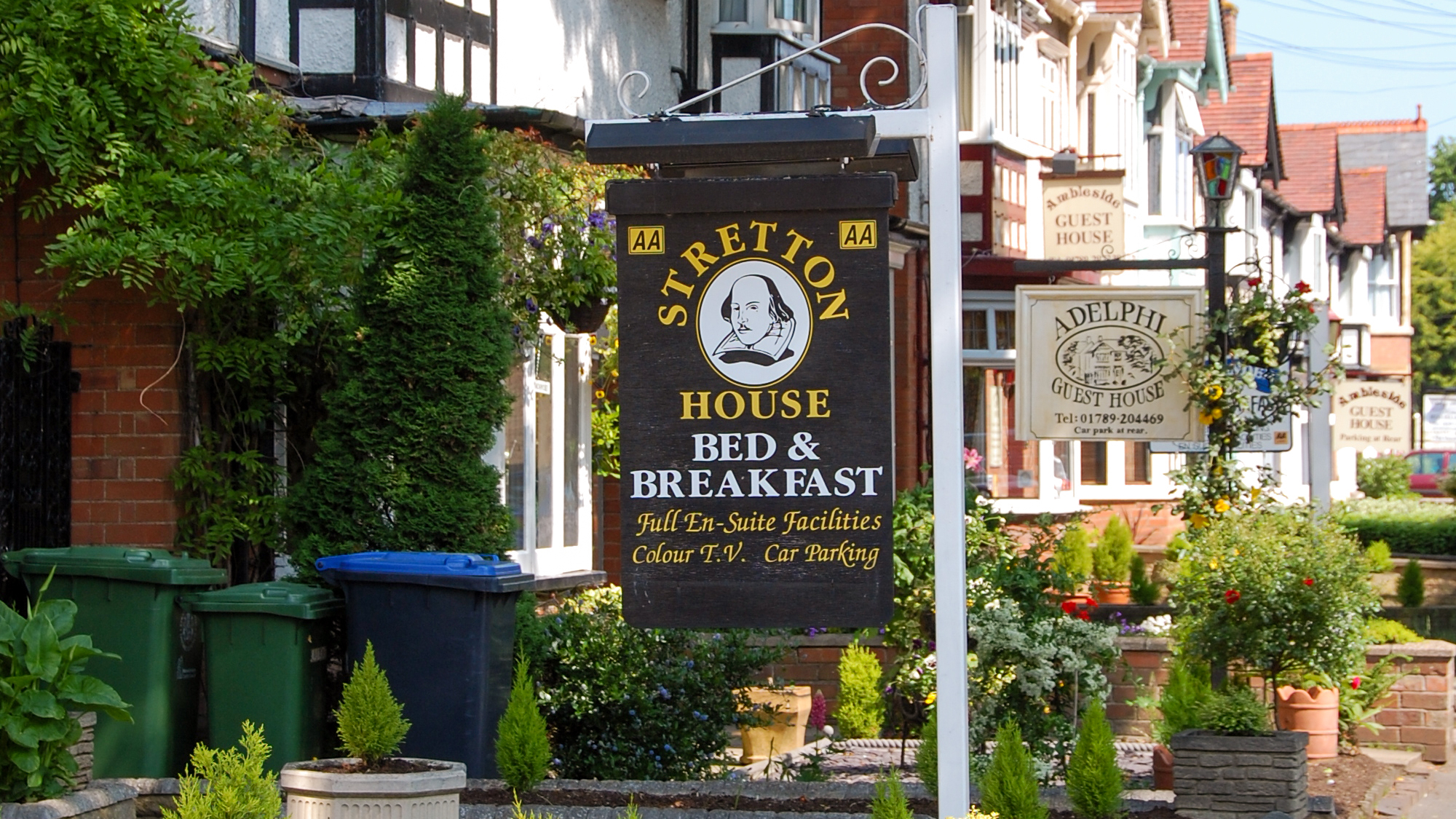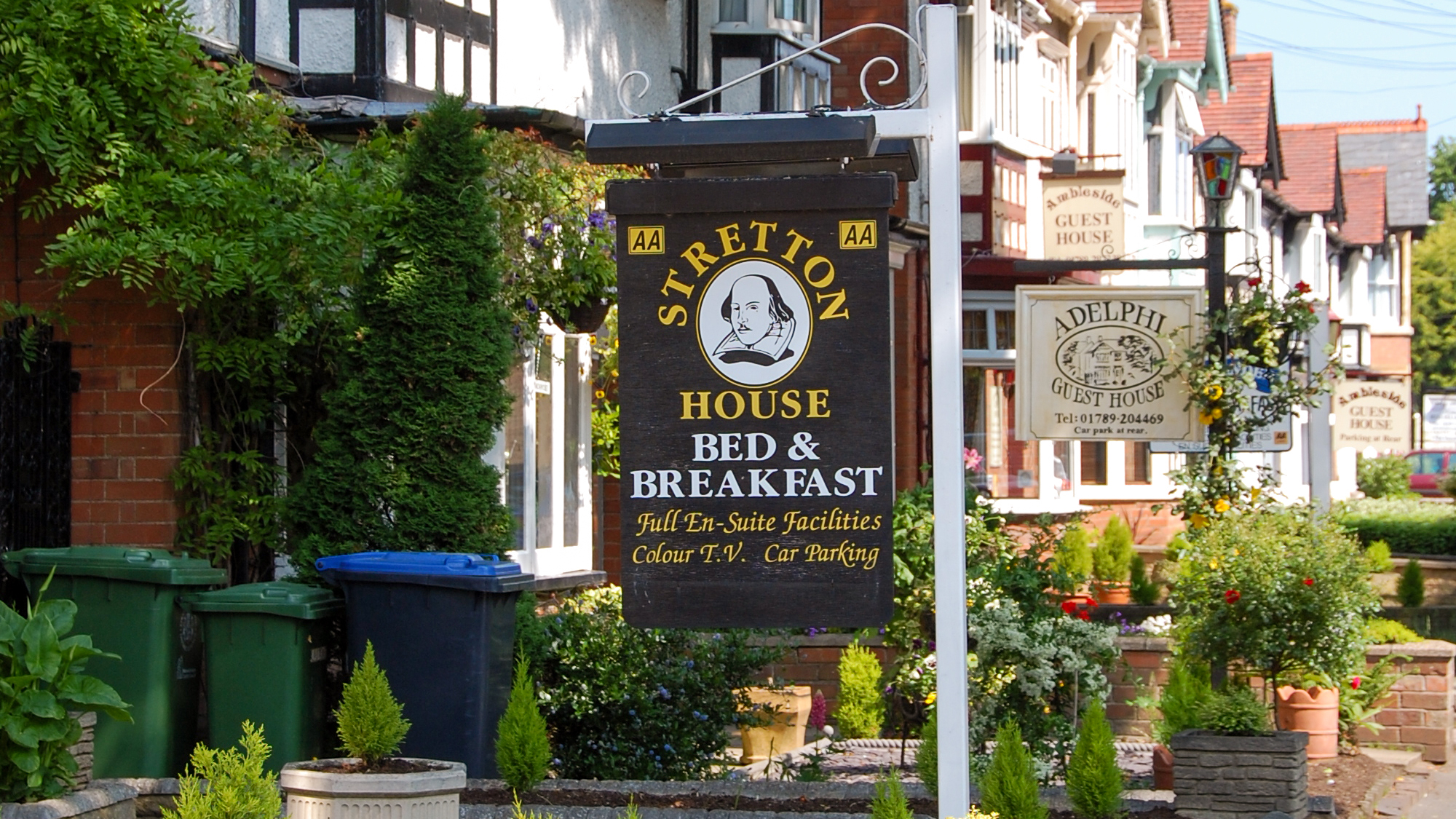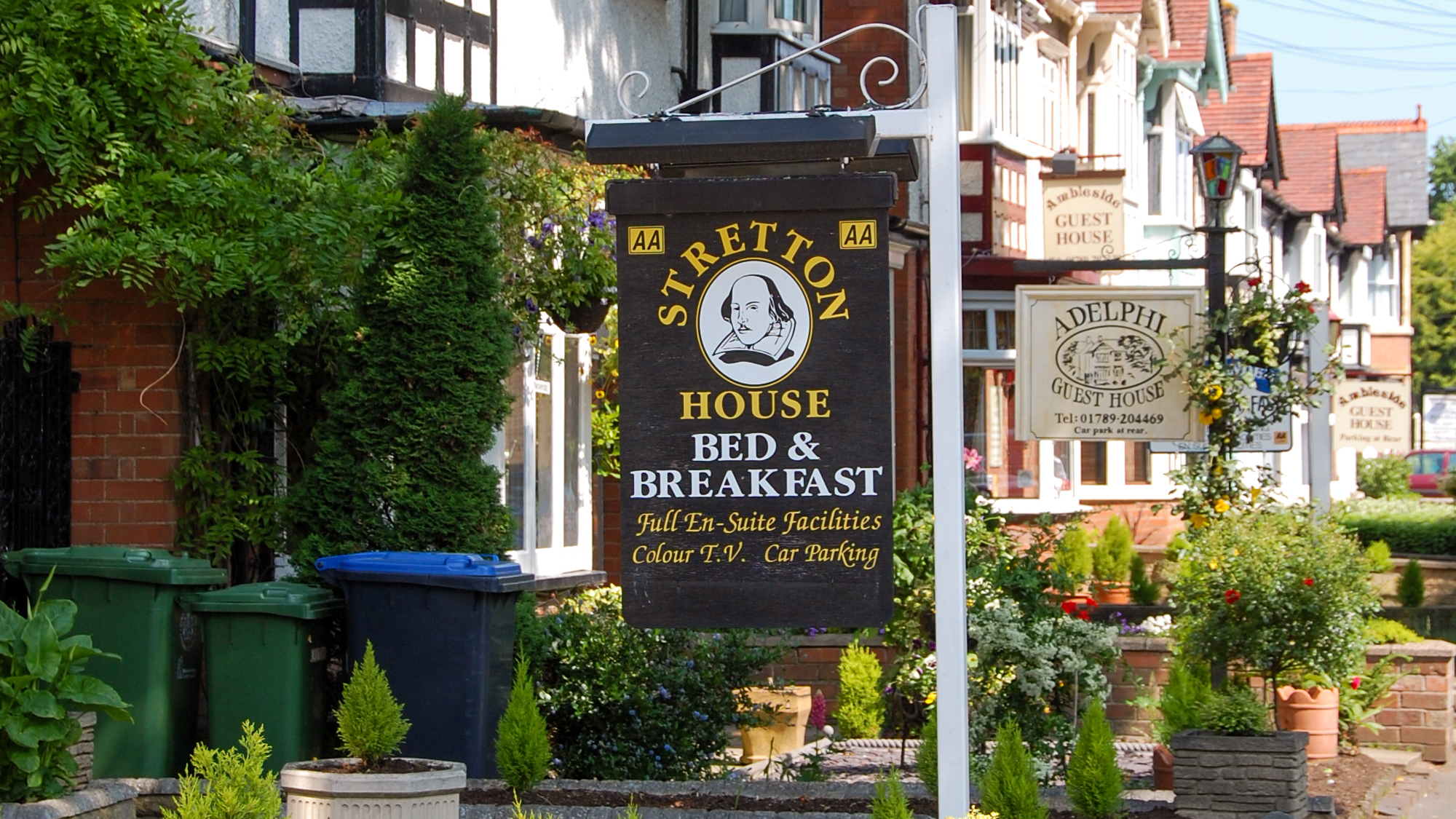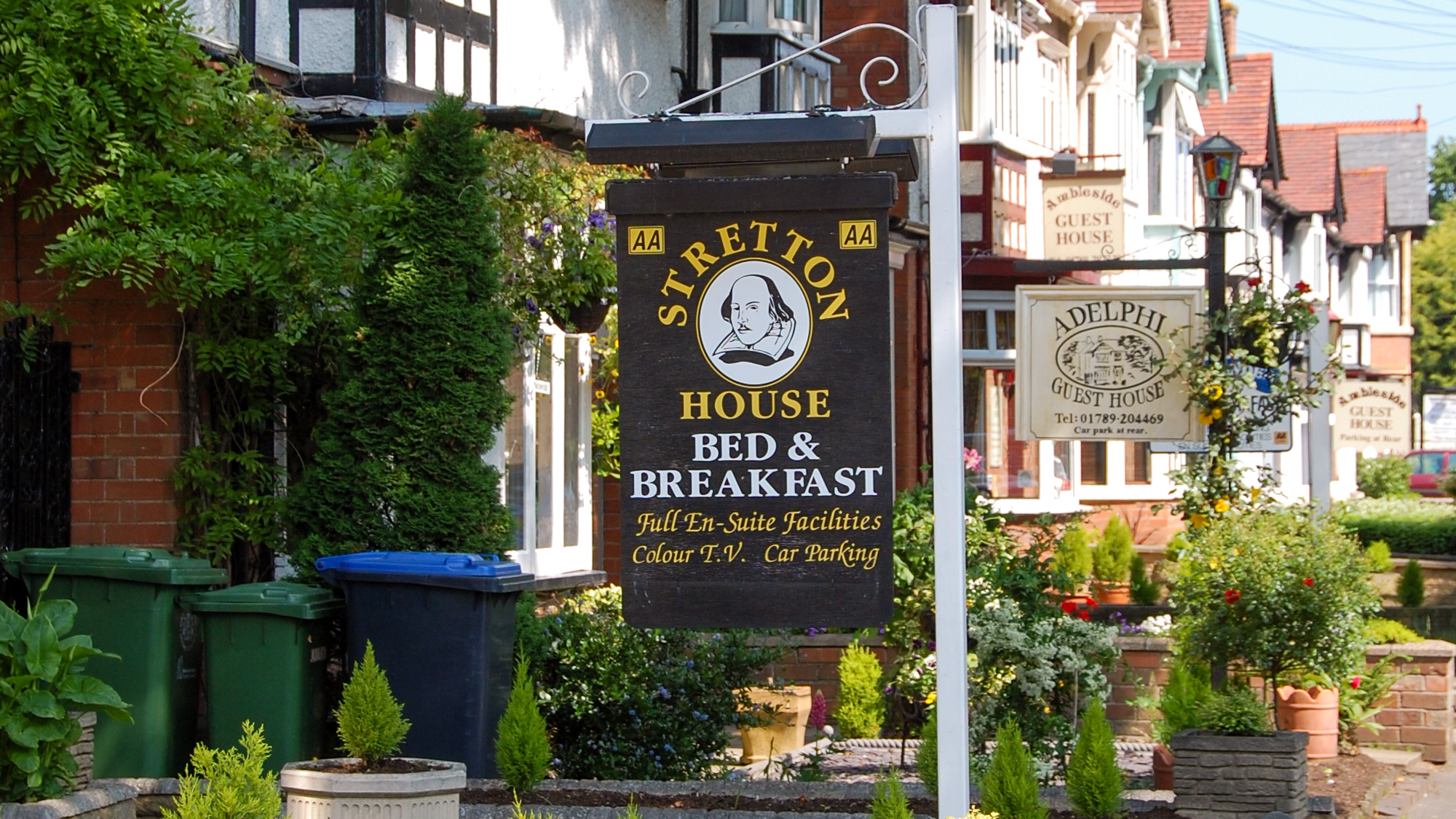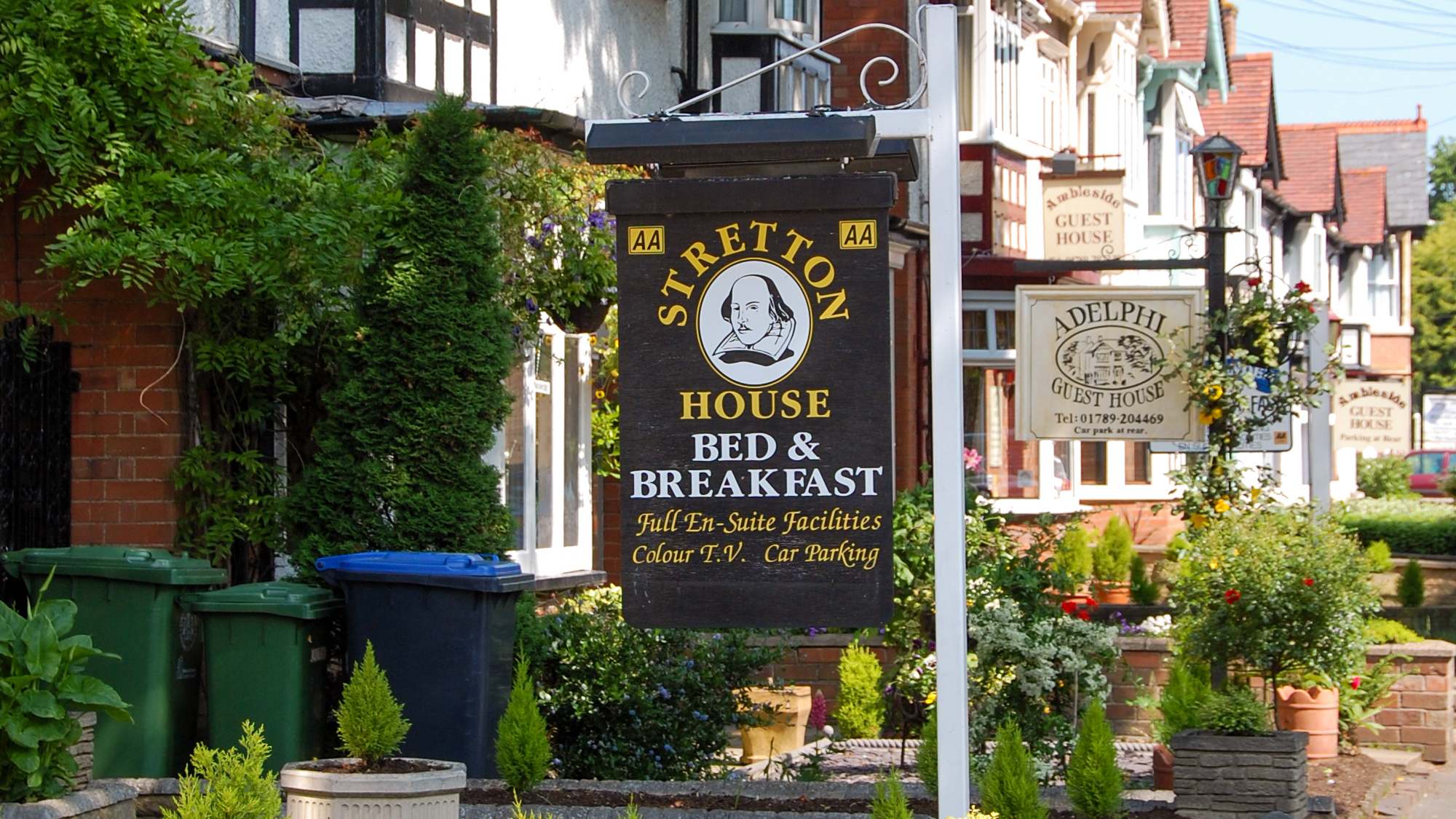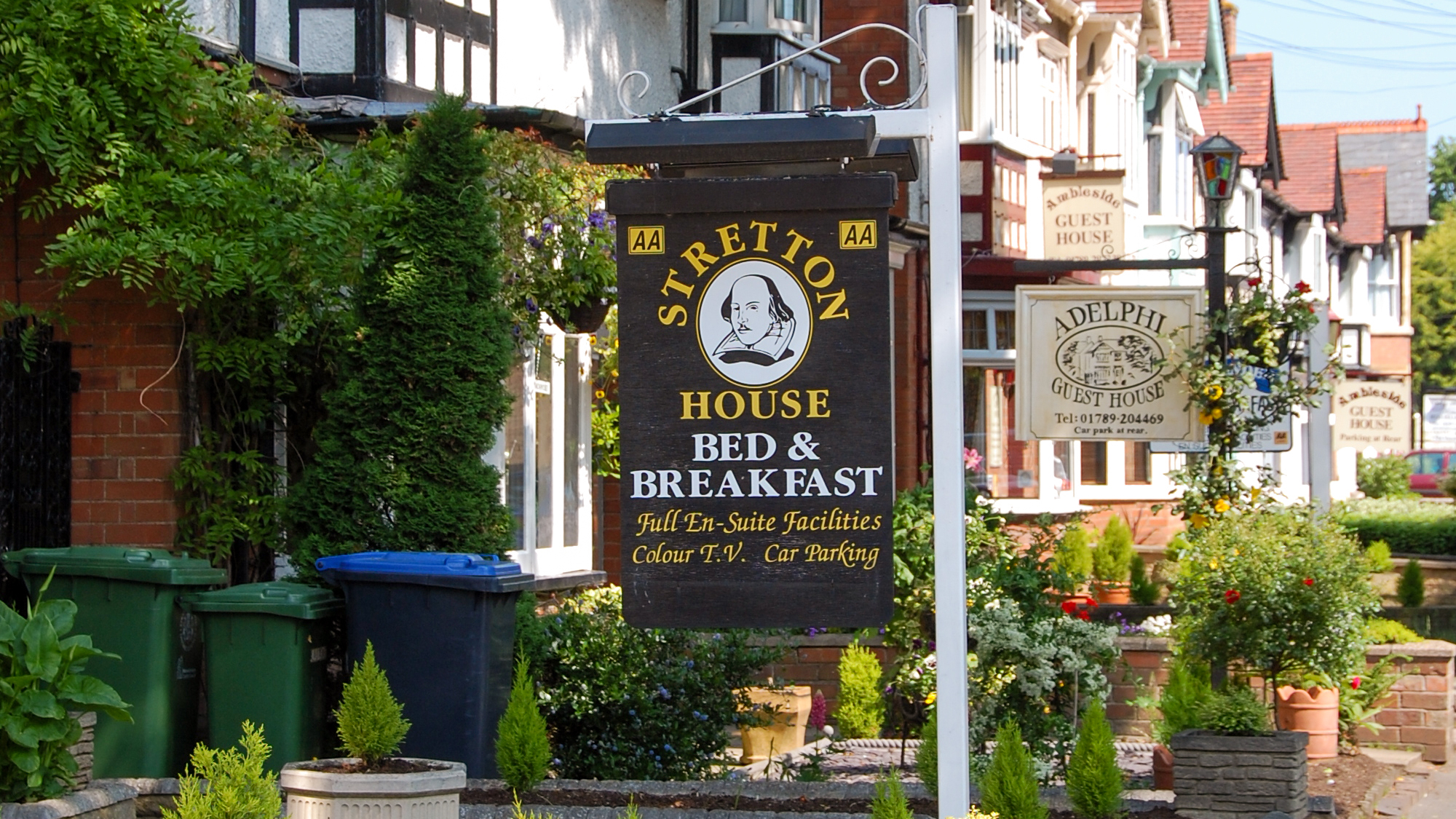Running a bed and breakfast is a rewarding venture that combines hospitality with entrepreneurship. However, welcoming guests into your property brings inherent risks that require careful consideration and proper insurance coverage. Guest liability insurance is a crucial component of your B&B's protection strategy, safeguarding both your business and your visitors.
Understanding Guest Liability in B&B Operations
Guest liability insurance, also known as public liability insurance in the hospitality context, protects your bed and breakfast against claims arising from accidents or injuries that occur on your premises. This coverage is essential because guests spend significant time in various areas of your property, from bedrooms and bathrooms to common areas, dining rooms, and outdoor spaces.
The nature of B&B operations creates unique liability exposures. Unlike hotels with professional cleaning staff and maintenance teams, many B&Bs are family-run operations where owners personally interact with guests and manage property maintenance. This personal touch, while charming, can increase liability risks if proper precautions aren't taken.
Common Guest Liability Scenarios in B&Bs
Slip and fall accidents represent the most frequent liability claims in B&B operations. Wet bathroom floors, uneven stairs, loose carpeting, or slippery outdoor pathways can lead to serious injuries. Weather-related hazards like icy walkways or wet decking areas pose additional risks, particularly during winter months or after rain.
Food-related incidents present another significant liability concern. If you serve breakfast or provide cooking facilities, guests could suffer food poisoning, allergic reactions, or burns from hot surfaces. Even seemingly minor incidents like a guest burning themselves on a hot coffee pot can result in liability claims.
Property-related injuries encompass a broad range of scenarios. Faulty electrical outlets, loose handrails, broken furniture, or inadequate lighting can cause accidents. Historic properties, popular for B&B conversions, may have low doorways, narrow staircases, or uneven floors that increase injury risks.
Fire safety incidents, while less common, can have devastating consequences. Faulty smoke detectors, blocked fire exits, or inadequate fire safety equipment can lead to serious injuries or fatalities, resulting in substantial liability claims and potential criminal charges.
Coverage Components of Guest Liability Insurance
Public liability coverage forms the foundation of guest liability protection, typically providing coverage from £1 million to £10 million per incident. This coverage pays for medical expenses, legal fees, and compensation awards when guests are injured on your property due to negligence.
Legal defense costs are included in most policies, covering solicitor fees, court costs, and expert witness expenses. These costs can accumulate quickly, even for claims that are ultimately unsuccessful, making this coverage component particularly valuable.
Property damage liability protects against claims when guests' personal belongings are damaged due to your negligence. This might include water damage to luggage from a leaking roof or damage to electronic devices from electrical surges.
Product liability coverage is essential if you serve food or beverages. This protection extends to claims arising from food poisoning, allergic reactions, or contaminated beverages, covering medical expenses and potential compensation claims.
Risk Assessment and Prevention Strategies
Conducting regular property inspections is fundamental to liability risk management. Monthly walkthrough inspections should identify potential hazards like loose floorboards, worn carpeting, faulty lighting, or damaged outdoor surfaces. Documenting these inspections demonstrates your commitment to guest safety.
Maintenance protocols should address identified hazards promptly. Establishing relationships with reliable contractors for electrical, plumbing, and structural repairs ensures quick response to safety concerns. Regular professional inspections of electrical systems, heating equipment, and fire safety devices are essential.
Guest communication plays a crucial role in liability prevention. Clear signage warning of potential hazards, such as low doorways or steep stairs, helps prevent accidents. Providing guests with property orientation information, including emergency procedures and contact details, demonstrates duty of care.
Weather-related precautions require seasonal attention. Winter preparations should include adequate lighting for pathways, non-slip surfaces for outdoor areas, and prompt snow and ice removal. Summer considerations might include adequate shade, pool safety measures, and protection from outdoor hazards.
Food Safety and Liability Considerations
If your B&B serves breakfast or provides cooking facilities, food safety becomes a critical liability concern. Proper food handling, storage, and preparation procedures are essential to prevent foodborne illnesses that could result in liability claims.
Temperature control is crucial for food safety. Refrigeration equipment should maintain proper temperatures, and hot foods must be served at safe temperatures. Regular temperature monitoring and documentation provide evidence of proper food safety practices.
Allergen management requires careful attention, particularly given increasing food allergy prevalence. Maintaining detailed ingredient records, providing allergen information to guests, and preventing cross-contamination are essential practices. Consider whether your kitchen setup allows for safe allergen-free meal preparation.
Alcohol service, if provided, creates additional liability exposures. Understanding your responsibilities under licensing laws and implementing responsible service practices helps minimize risks associated with alcohol-related incidents.
Claims Management and Response Procedures
When guest accidents occur, immediate response procedures can significantly impact liability outcomes. Ensuring guest safety is the primary concern, followed by appropriate medical attention if required. Documenting the incident thoroughly, including photographs and witness statements, provides crucial evidence for insurance claims.
Notification procedures should be clearly established. Most insurance policies require prompt notification of potential claims, typically within 24-48 hours. Delayed notification can jeopardize coverage, making quick response protocols essential.
Guest communication during incident response requires careful balance. While showing appropriate concern and providing necessary assistance, avoid admitting fault or making statements that could be construed as accepting liability. Professional, empathetic responses demonstrate care without compromising legal position.
Insurance company cooperation is essential throughout the claims process. Providing requested documentation promptly, participating in investigations, and following insurer guidance helps ensure optimal claim outcomes.
Regulatory Compliance and Legal Requirements
Health and safety regulations apply to B&B operations, with specific requirements varying by location and property size. Understanding applicable regulations and maintaining compliance documentation demonstrates professional operation and can influence liability outcomes.
Fire safety regulations are particularly stringent for accommodation providers. Proper fire detection systems, escape route planning, and emergency lighting are typically required. Regular fire safety inspections and documentation provide evidence of compliance.
Licensing requirements may apply to your B&B operation, particularly if you serve alcohol or operate as a commercial establishment. Maintaining current licenses and understanding associated responsibilities helps prevent regulatory violations that could impact insurance coverage.
Data protection considerations are increasingly important as B&Bs collect guest personal information. Understanding GDPR requirements and implementing appropriate data protection measures helps prevent privacy-related liability claims.
Cost Factors and Coverage Limits
Guest liability insurance premiums depend on various factors including property size, guest capacity, services offered, claims history, and risk management practices. B&Bs serving food typically pay higher premiums due to increased liability exposure.
Coverage limits should reflect your potential liability exposure. While £1 million coverage might seem adequate, serious injury claims can exceed this amount. Many B&B operators choose £2-5 million coverage limits for enhanced protection.
Deductible amounts affect both premiums and claim costs. Higher deductibles reduce premium costs but increase out-of-pocket expenses when claims occur. Consider your financial capacity to handle deductible payments when selecting coverage levels.
Geographic factors influence insurance costs, with properties in high-risk areas or regions with higher claim frequencies typically paying increased premiums. Urban locations might face different risks compared to rural properties.
Choosing the Right Insurance Provider
Selecting an insurance provider with hospitality industry experience ensures better understanding of B&B-specific risks and coverage needs. Providers familiar with accommodation businesses can offer tailored coverage options and risk management advice.
Claims handling reputation is crucial when evaluating insurance providers. Research provider claims settlement practices, response times, and customer satisfaction ratings. A provider's approach to claims handling can significantly impact your experience during stressful claim situations.
Policy flexibility allows customization of coverage to match your specific operation. Some providers offer modular policies where you can add or remove coverage components based on your services and risk profile.
Risk management support services provided by insurers can add significant value. Some providers offer property inspections, safety training resources, and risk management consultations that help prevent claims and demonstrate professional operation.
Integration with Comprehensive B&B Insurance
Guest liability insurance typically forms part of a comprehensive B&B insurance package that includes property insurance, business interruption coverage, and employers' liability if you have staff. Coordinating these coverages ensures comprehensive protection without gaps or overlaps.
Business interruption insurance becomes particularly important when liability claims result in property closure or reputation damage. This coverage helps maintain financial stability during periods when your B&B cannot operate normally.
Professional indemnity insurance might be relevant if you provide specialized services or advice to guests. This coverage protects against claims arising from professional negligence or errors in services provided.
Future Considerations and Industry Trends
The B&B industry continues evolving, with online booking platforms, changing guest expectations, and new regulatory requirements affecting liability exposures. Staying informed about industry trends helps ensure your insurance coverage remains adequate and current.
Technology integration in B&B operations creates new liability considerations. Smart home systems, keyless entry, and automated services introduce different risk profiles that may require coverage adjustments.
Sustainability initiatives and eco-friendly practices are increasingly important to guests but may introduce new liability considerations. Solar panels, rainwater collection systems, or organic gardens require risk assessment and potentially additional coverage.
Conclusion
Guest liability insurance is an essential investment for B&B operators, providing crucial protection against the inherent risks of hospitality operations. By understanding coverage options, implementing effective risk management practices, and working with experienced insurance providers, you can protect your business while providing guests with safe, enjoyable experiences.
Regular review of your guest liability coverage ensures it remains adequate as your business evolves and industry conditions change. The investment in comprehensive guest liability insurance provides peace of mind, allowing you to focus on what you do best – providing exceptional hospitality experiences for your guests.


 0330 127 2333
0330 127 2333
